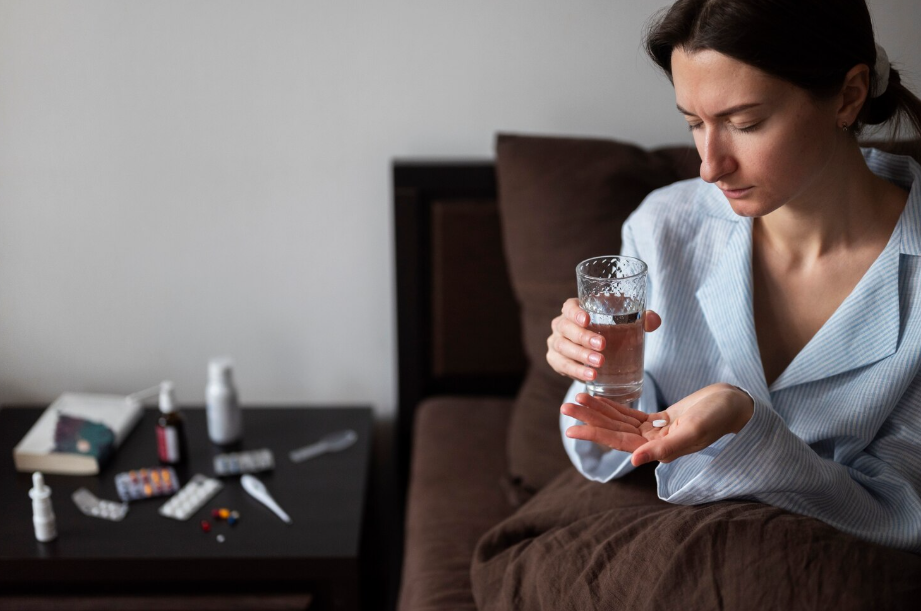
Alcohol rehabilitation involves several key stages designed to help people recover from addiction. A comprehensive drug detox program forms the foundation of most treatment plans. This guide explains what you can expect during your time in rehab. We'll cover the intake process, medical detox, therapy sessions, and ongoing support. Understanding these steps can help reduce anxiety and prepare you for successful recovery.
Intake and Assessment Process
When you arrive at rehab, staff members will ask questions about your health and drinking history. This helps them understand your specific needs and create the right treatment plan for you. The team will review your medical background, mental health, and substance use patterns. You'll have time to ask questions and share any concerns with trained professionals. This process helps determine which treatments and therapies will work best for your situation.
Medical Detoxification Protocols
Medical detox helps your body adjust safely as alcohol leaves your system. Trained medical staff closely monitor you during this time. Here's what happens during detox:
- 24/7 Medical Supervision: Healthcare workers monitor your health around the clock
- Medication Management: Doctors may give you medicine to reduce withdrawal symptoms and keep you safe
- Nutritional Support: You'll receive healthy meals to help restore vitamins and minerals your body needs
This medical support makes the detox process safer and more comfortable than trying to quit alone.
Individualized Therapy Sessions
One-on-one therapy sessions help you understand why you drink and teach you new coping skills. A therapist will work with you to identify triggers that lead to drinking. You'll practice handling difficult situations without the use of alcohol. These private sessions provide a safe space for you to discuss personal issues and emotions. The therapist helps you build confidence and learn healthy ways to manage stress and problems.
Group Counseling and Support
Group therapy connects you with others who are going through similar struggles. These sessions offer valuable benefits:
- Shared Understanding: Meet others who know what you're experiencing and can relate to your challenges
- Different Perspectives: Learn from other people's experiences and solutions to common problems
- Peer Support: Get encouragement and advice from group members who want to see you succeed
Group sessions help you feel less alone and build friendships with people who support your recovery.
Holistic Wellness Activities
Recovery programs include activities that improve your overall health and well-being. These include yoga classes, meditation sessions, and exercise programs. You'll also learn about proper nutrition and how to maintain your physical health. Art therapy, music therapy, and other creative activities help you express feelings and reduce stress. These activities teach you healthy ways to spend time and manage emotions without alcohol.
Aftercare Planning and Support
Before leaving rehab, your team will help you plan for life after treatment. This planning includes three important parts:
- Custom Care: Specific strategies that match your needs and daily life situation
- Ongoing Therapy: Regular counseling sessions to help you stay on track with recovery
- Community Connection: Links to support groups and local resources in your area
Effective aftercare planning helps prevent relapse and provides you with the tools to manage challenges. Your treatment team wants you to succeed and will provide resources to help you maintain sobriety long-term.
Other Articles:



